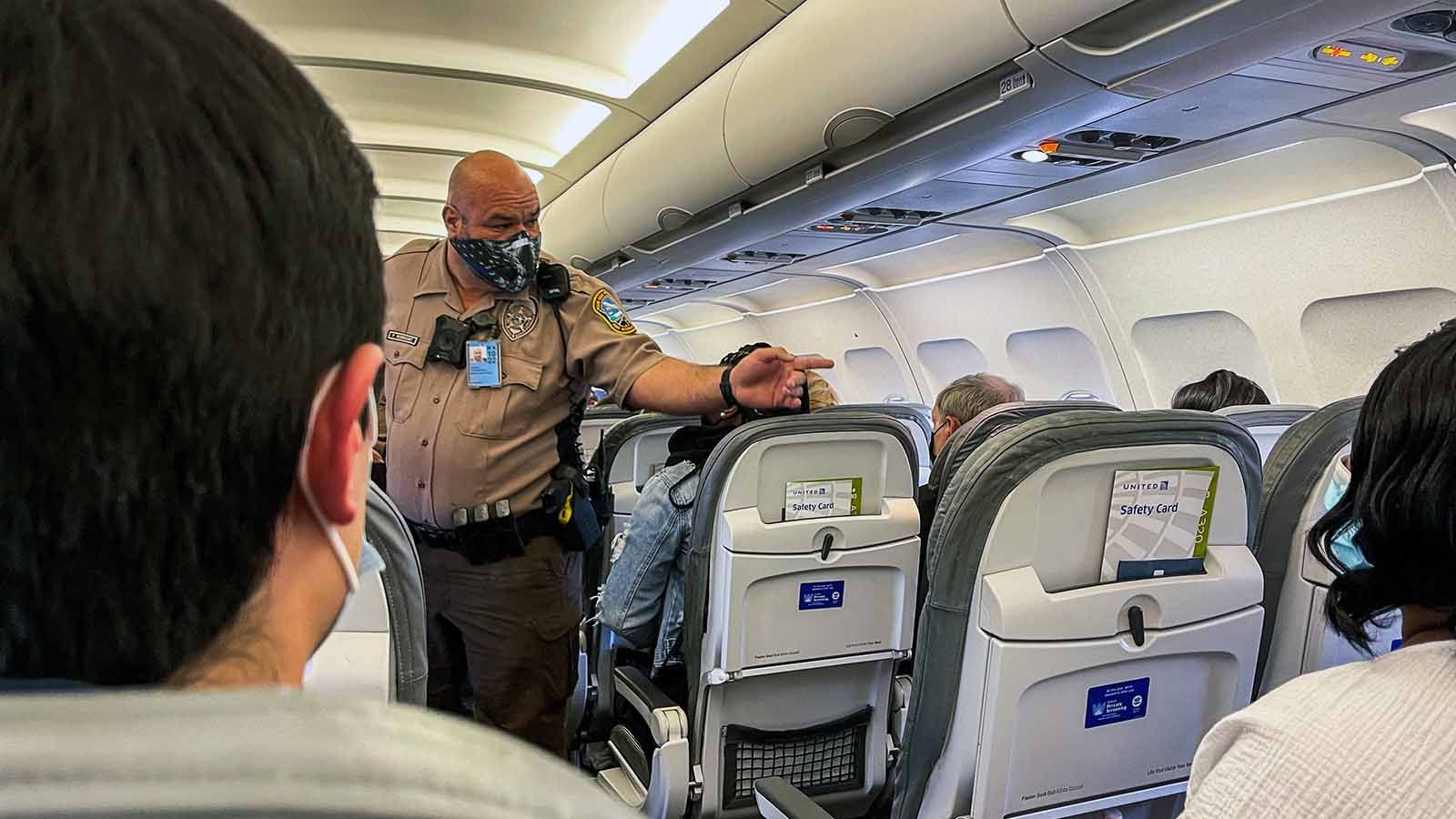Social Impact of Misgendering

Misgendering flight attendant – Misgendering, the act of referring to someone using the wrong gender, can have profound social impacts on flight attendants, both in their work environment and personal life. It can lead to feelings of isolation, discomfort, and even discrimination.
Misgendering flight attendants can be a frustrating and hurtful experience, but it’s important to remember that you’re not alone. There are resources available to help you, including online support groups and legal assistance. You can also learn more about the issue of misgendering flight attendants by reading articles like this one about the rise of North Korean K-pop.
By educating yourself and others, you can help to create a more inclusive and respectful environment for everyone.
Repeated misgendering can have serious psychological effects, such as anxiety, depression, and low self-esteem. It can also create a hostile work environment, where flight attendants feel unsafe and disrespected.
Prevalence of Misgendering in the Airline Industry
Studies have shown that misgendering is a common problem in the airline industry. A survey by the National LGBTQ Task Force found that 40% of transgender people have been misgendered by an airline employee.
This misgendering can have a negative impact on the flight attendant’s ability to do their job effectively. It can lead to misunderstandings, delays, and even safety concerns.
Strategies for Preventing Misgendering: Misgendering Flight Attendant

To prevent misgendering, it is crucial to create a more inclusive environment and provide adequate training for flight attendants and other employees. This involves establishing clear policies, providing sensitivity training, and fostering a culture of respect and understanding.
Best Practices for Flight Attendants
- Use inclusive language and avoid making assumptions about a passenger’s gender based on their appearance or name.
- Ask passengers how they prefer to be addressed if you are unsure of their gender identity.
- Respect a passenger’s pronouns and use them consistently throughout the flight.
- Be mindful of your body language and tone of voice, and avoid making gestures or using language that could be interpreted as disrespectful or dismissive.
- If you make a mistake, apologize sincerely and correct yourself.
Creating an Inclusive Work Environment
Creating an inclusive work environment for transgender and non-binary employees is essential to prevent misgendering. This involves:
- Providing gender-neutral bathrooms and locker rooms.
- Offering training on LGBTQ+ issues for all employees.
- Creating a support network for transgender and non-binary employees.
- Having a clear policy in place that prohibits discrimination based on gender identity or expression.
Role of Training and Education, Misgendering flight attendant
Training and education play a crucial role in reducing misgendering incidents. Training should cover the following topics:
- Understanding gender identity and expression.
- The importance of using inclusive language.
- How to respond to misgendering incidents.
- The benefits of creating an inclusive work environment.
Legal Implications of Misgendering
Misgendering, the act of referring to an individual using a pronoun or name that does not align with their gender identity, has significant legal implications. In many jurisdictions, laws protect transgender and non-binary individuals from discrimination based on their gender identity or expression, including misgendering.
The legal protections available to transgender and non-binary individuals against misgendering vary depending on the jurisdiction. In some countries, such as Canada and the United Kingdom, misgendering is explicitly prohibited by law. In other jurisdictions, such as the United States, misgendering may be considered a form of discrimination under existing laws prohibiting discrimination based on sex or gender identity.
Potential Consequences
Airlines and flight attendants who engage in misgendering may face legal consequences, including:
- Fines or other penalties
- Lawsuits from individuals who have been misgendered
- Loss of reputation and public trust
The recent incident of misgendering a flight attendant highlights the ongoing problem of discrimination faced by transgender individuals. While some, like Lauren Boebert , may dismiss these experiences as trivial, they underscore the need for greater awareness and sensitivity towards gender identity.
Misgendering can have a profound impact on an individual’s sense of self and dignity, reinforcing societal biases that perpetuate inequality.